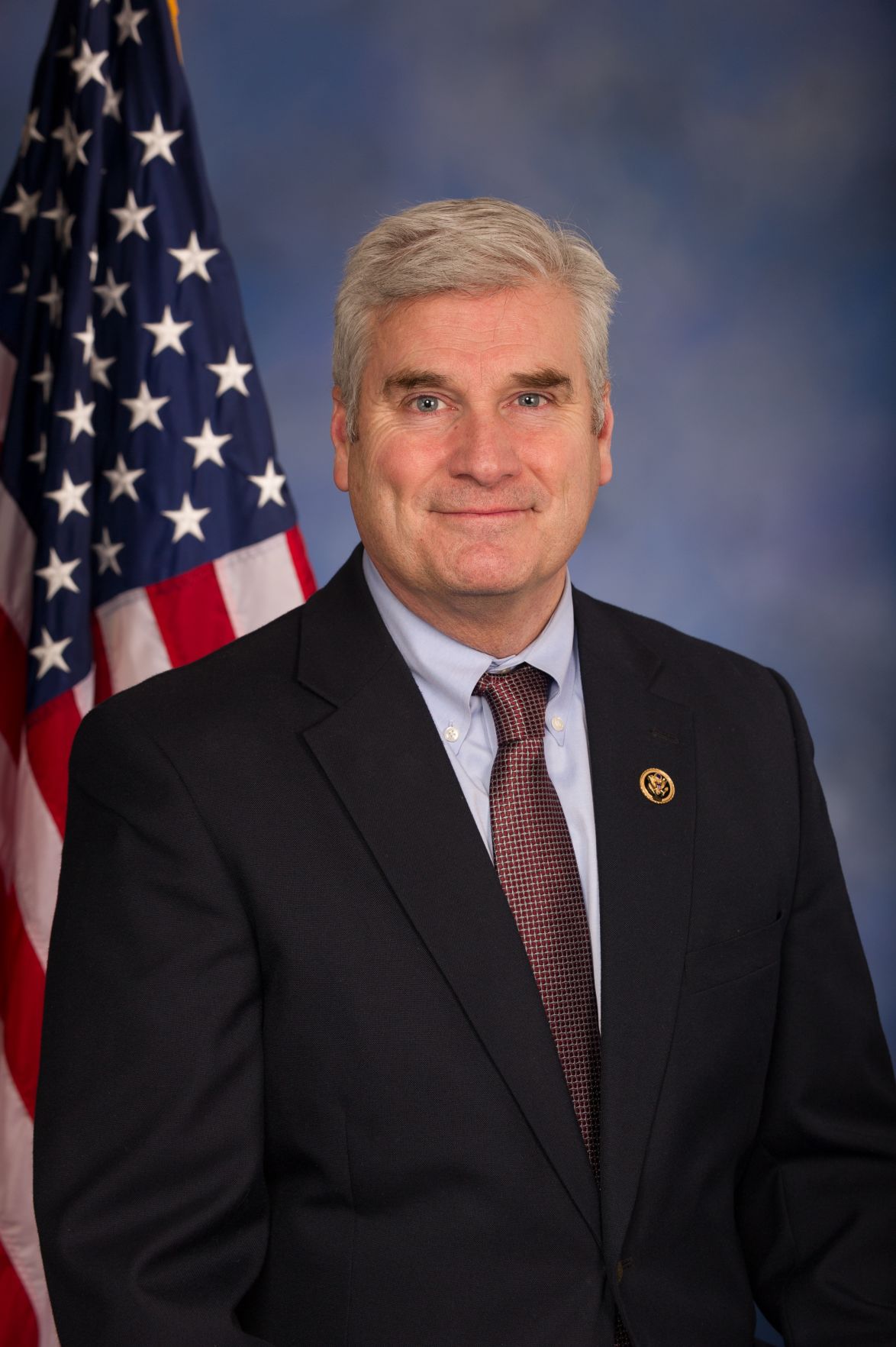Amid a new farm crisis, some advocate for rural mental health services in next farm bill
From a green bus on his Hill City, Kansas, farm, Brent Voss talks about the current farm crisis to anyone who will listen.
Voss transformed the old school bus to a solar-powered camper on wheels in 2016 as a way to get his mind off financial worries. Soon, from inside cramped quarters, in front of a backdrop of a yellow “Don’t Tread on Me” and American flags, he began to livestream his thoughts on Facebook.
“It’s almost every night,” he said. “That’s how I’ve been coping. I’ve been talking about the trade war, the farm economy. I’m documenting a lot of the fallout.”
This is Voss’ way of surviving. Last year, after payments and taxes, he had $5,000 left for family living expenses. He questions his place on the farm and his future.
But many in his profession keep their thoughts bottled inside as they struggle with finances and things they can’t control, like commodity prices and the weather.
Rep. Tom Emmer, R-MN, has watched with alarm as a new farm crisis expands across Midwestern farm states like his.
Farmer suicide rates are on the rise, he said. Moreover, one thing many residents in rural states are lacking is access to mental health programs and treatment.
“In half of the (U.S.) counties there is no psychiatrist, no psychologist,” Emmer told High Plains Journal April 9.
“When you are feeding the world, you probably feel the weight of the world,” he added.
To address the issue, Emmer introduced the Stemming the Tide of Rural Economic Stress and Suicide act in mid-March. A markup of the 2018 farm bill, released April 12, included Emmer’s STRESS act.
“It is more important now than ever before,” he said.
Financial stress
Emmer said the legislation would reauthorize the Farm and Ranch Stress Assistance Network, which was part of the 2008 farm bill but never funded.
Such programs were available as the 1980s farm crisis dragged on, said Charlie Griffin, a Kansas State University assistant professor in family studies and human services.
Griffin, who grew up on a farm in Rice County, Kansas, helped run the Kansas Farmers Assistance, Counseling and Training Service program from 1985 to 1994, which was created by the Kansas Legislature to help farmers, many who were facing financial ruin.
The last version of the program—the Kansas Rural Family Helpline—operated until 2010 when federal funding supplementing the program went away. With the better economic times, such programs weren’t as high of a priority.
However, a U.S. Centers for Disease Control and Prevention study shows that, between 2000 and 2012, the agriculture, fishing and forestry industry had the highest rate of suicides than any occupation—even higher than the 1980s.
The recent attention on the issue has Griffin fielding a few more calls. Reestablishing the helpline, or some form of it, would be beneficial, he said.
Suicide is a tough statistic to track in Kansas, Griffin said.
“Anecdotally, I’m hearing concern back from the farm resource people, the financial advisors, legal advisors,” he said. “They are all commenting on client suicides. They are all concerned there were multiple suicides this winter.”
Farm bill
Voss said he is at a crossroads about what to do.
The fourth generation on the farm, Voss said he and his family have done many things right regarding marketing commodities and cutting back on spending. He gave up some rented ground “and most people don’t do that,” he said. But the situation is dire and many are living off their equity.
Mental health, Voss said, needs to be addressed.
“Even if prices increase, I think there is going to be some farm failures,” he said. “We haven’t seen the washout yet.”
Emmer said half of his district is in agriculture production. Stearns County ranks first in Minnesota and 21st in the nation for milk production.
“Dairy farmers in my district are losing 25 cents on every gallon of milk they produce,” he said, adding these family operations are an economic backbone. “They feel it. They are carrying a ton of stress.”
Emmer said Rep. Mike Conaway, R-TX, expressed interest in including his STRESS Act in the next farm bill.
On April 12, he was able to tell farmers in Minnesota and across the country that help is on the way.
"The STRESS Act’s inclusion in the Farm Bill means that we are finally taking steps to turn the tide on America’s farmer suicide crisis,” he said.
Emmer said he is encouraged by the support.
“Mental health is hard to talk about,” he said. “It is one of those issues that people have a hard time dealing with. It is time we start talking about it.
Amy Bickel can be reached at 620-860-9433 or [email protected].


